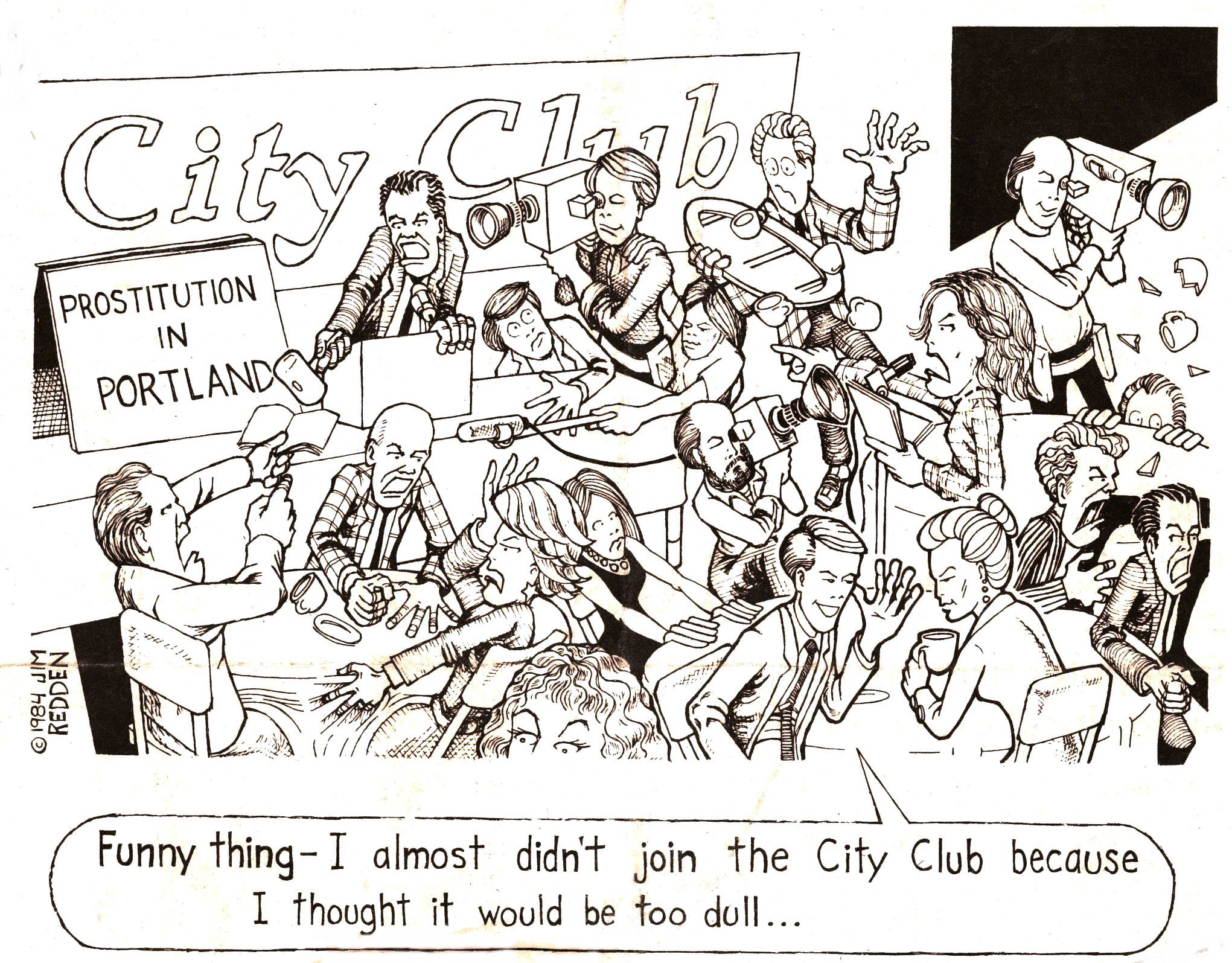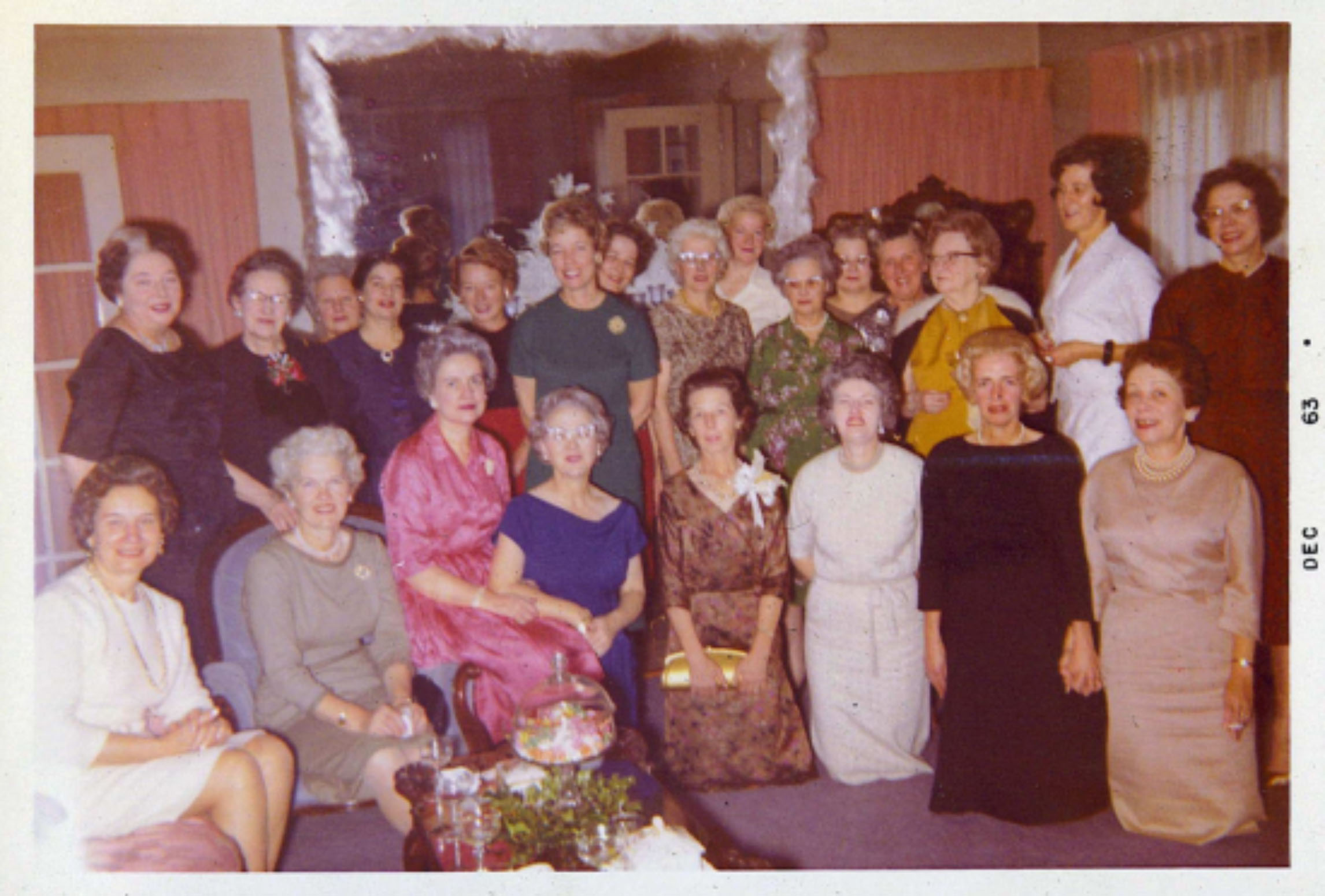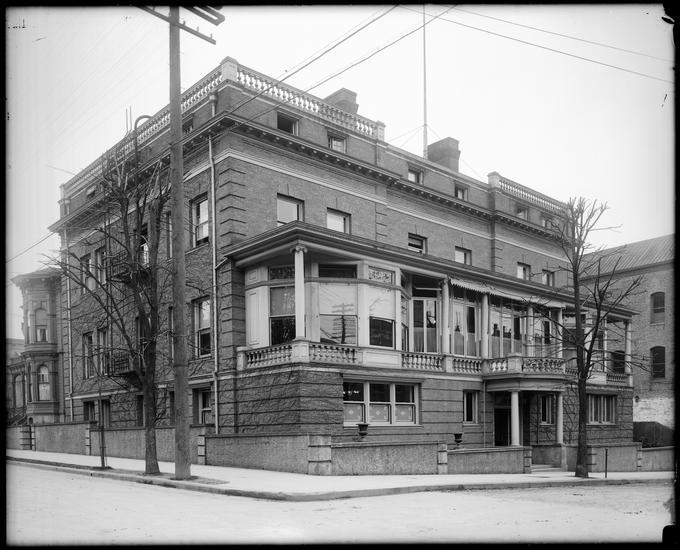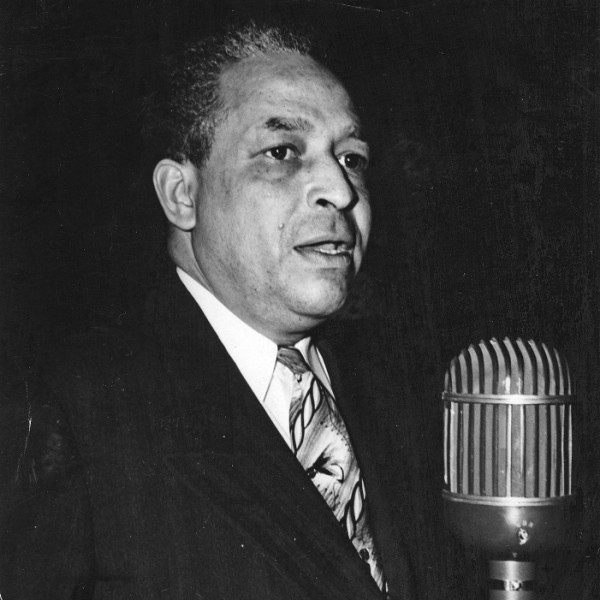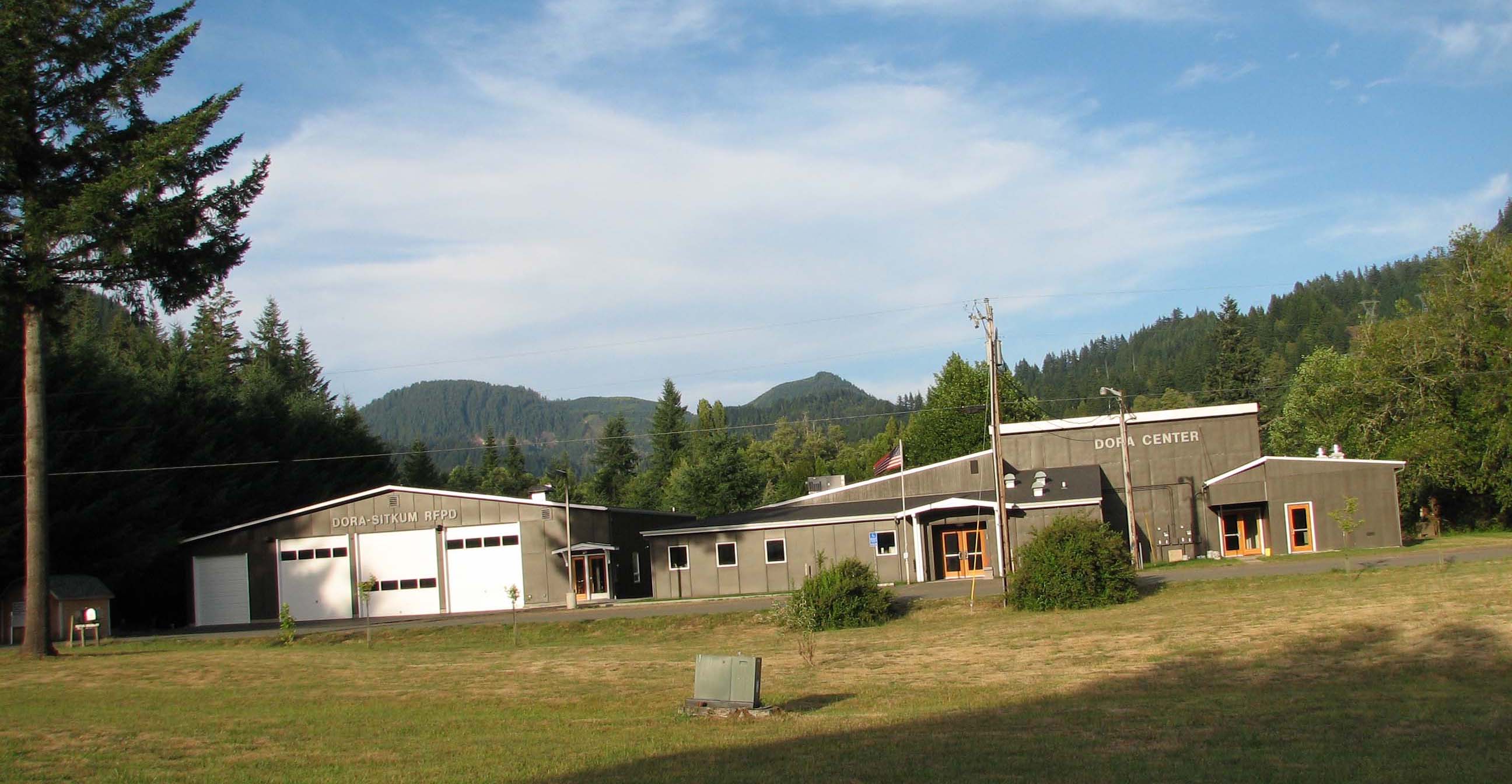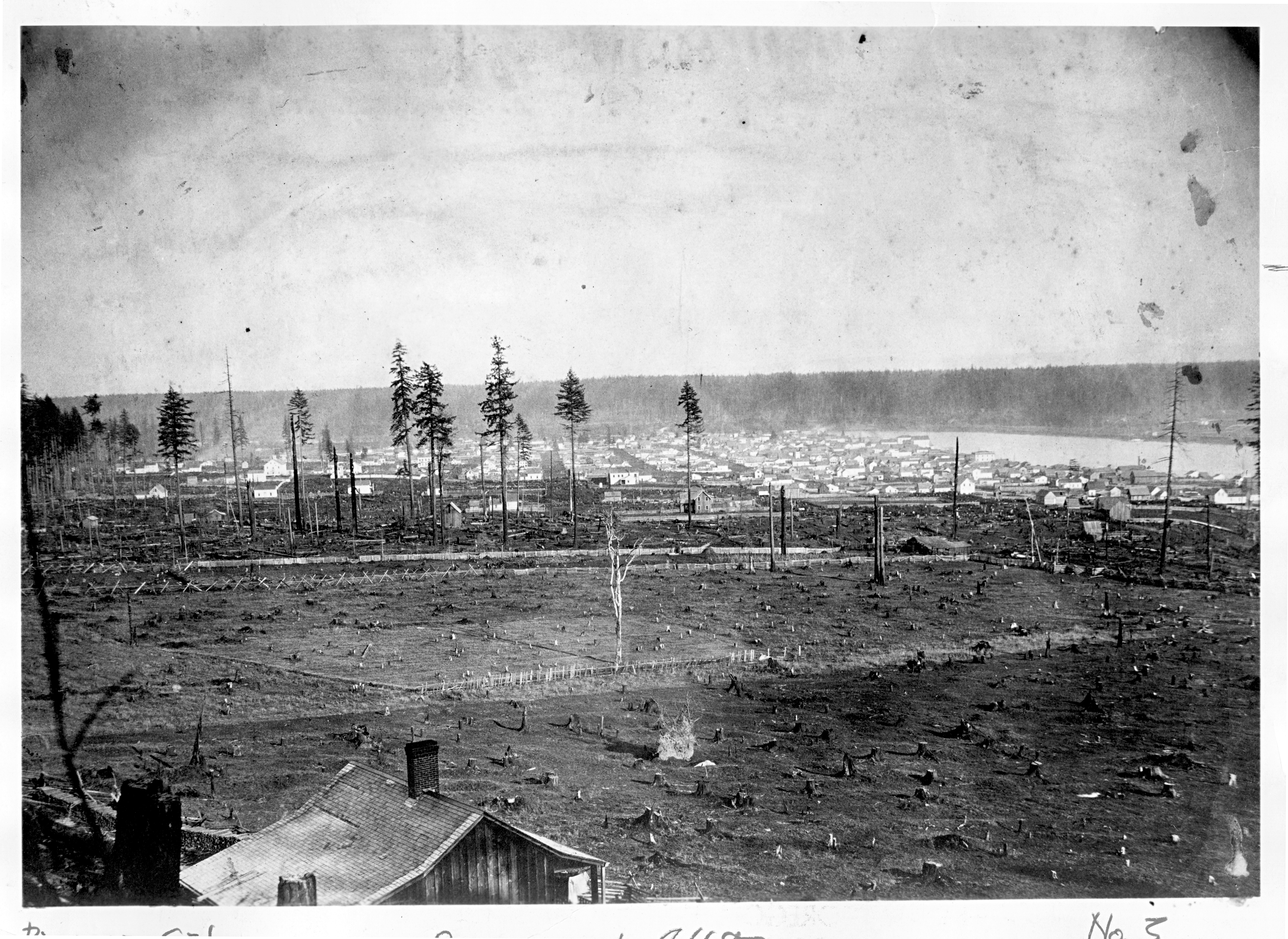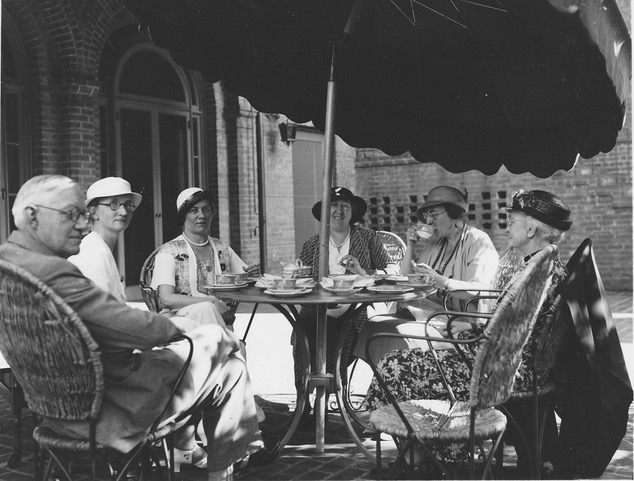City Club of Portland is Oregon’s largest civic affairs group. It is a nonprofit, nonpartisan, educational, and research-based organization dedicated to public policy, community service, and leadership development. Through its Friday Forums, citizen-based research reports, and other programs, City Club examines issues of importance to the Portland metropolitan region, the state, and society as a whole. The City Club mission is “to inform its members and the community in public matters, and to arouse in them the realization of the obligations of citizenship.”
During the Progressive Era, many city clubs were founded in the United States, including those in New York (1892), Chicago (1903), Boston (1906), Philadelphia (1905), and St. Louis (1910). These associations convened, as the City Club of Cleveland (1912) described it, as public affairs forums for the "improvement of the political, social, and economic conditions of the entire community."
City Club of Portland, founded in 1916 as a community watchdog by “young men of ideas,” quickly expanded its programming to include a research group and weekly lunch meetings, now known as Friday Forums. Radio broadcasts of the Forums began in 1928, first on KEX, and then followed by KGW, KOIN, and KOAP (now OPB).
The club began as an exclusively male, invitation-only organization. In 1988, membership was opened up to anyone over the age of seventeen. Since 1973, the club has had between 1,200 and 3,000 members; approximately 1,850 people belonged in mid-2014.
The first African American member, physician and civil rights activist DeNorval Unthank, joined in 1943 amid a huge wartime growth in Portland’s African American population. Women were first admitted in 1973 after a controversy that lasted for three years. Among those leading the effort to admit women were Gretchen Kafoury, who would serve on the Portland City Council from 1991 to 1998, and Vera Katz, Portland’s mayor from 1993 to 2005. City Commissioner Mildred Schwab was the first woman to join, applying for membership forty-five minutes after members voted to make the change in the bylaws. Jean Babson became the first female member of the board of governors the following year, and Pauline Anderson was elected the first female president in 1982.
Friday Forums host speakers, panel discussions, candidate debates, and speeches by public figures, including the governor’s state-of-the-state address. Speakers have included local, national, and world leaders, experts, and opinion-makers. Presidential candidates George Romney, Eugene McCarthy, and Bobby Kennedy, for example, addressed the club before the 1968 primary election. Also that year, incumbent Senator Wayne Morse and challenger Bob Packwood held a televised debate for the City Club; Packwood went on to win the election ten days later. Recent presenters include U.S. Secretary of the Treasury Timothy Geithner, who spoke in April 2012.
Originally held in local restaurants, Friday Forums were hosted at the Benson Hotel until 1997, and then the Multnomah Athletic Club. Since 2004, the forums have been at the Sentinel Hotel (formerly the Governor Hotel), with attendance ranging from under one hundred to over five hundred. Asking a question of the speaker is a privilege of membership. Oregon Public Broadcasting Radio and Portland Community Media TV broadcast the forty-two forums held each year to over twenty thousand listeners.
City Club’s research studies examine issues of community importance through a rigorous citizen-based process. The club’s research board chooses study topics and oversees the research process with a strict protocol designed to assure impartiality and thoroughness. City Club volunteers interview experts, examine the literature, and make findings, conclusions, and recommendations for consideration by the club. Club studies also have considered ballot measures, providing nonpartisan guidance to the electorate.
With over a thousand such studies conducted since 1920, City Club research has influenced public policy, including the establishment of Portland’s Forest Park (1945), the defeat of Mayor Earl Riley after a vice exposé (1948), the transfer of governance of the Multnomah County Library from the Library Association of Portland (1990), and reforms to Portland’s Fire and Police Disability and Retirement System (2006) and to Oregon’s PERS (2012). U.S. Supreme Court Justice William O. Douglas cited a City Club report on jails in his 1951 dissent in U.S. v. Carignan. Ironically, City Club’s seminal 1955 study of fluoridating public water supplies (with over 24,000 copies distributed nationwide) met with success nearly everywhere but in Portland. City Club would study the subject six more times, and once again, in 2013, Portland voters rejected fluoridation.
In 1984, controversy erupted when the City Club recommended legalizing prostitution in Portland, citing economic and equity arguments and restricting it to areas zoned “light industrial.” (In the resulting uproar, the study committee’s chair, deputy U.S. attorney Kristine Olson Rogers, lost her job, despite appeals filed by attorneys who were City Club members. She later became U.S. Attorney for Oregon.) Club research also led early and influential inquiries into race relations, beginning with a report on “The Negro in Portland” in 1945 and continuing with studies in 1957, 1968, 1980, and 1991.
The Club’s advocacy and awareness board and committees advance the recommendations of club research studies through testimony at public hearings, appearances at town halls, and meetings with newspaper editorial boards. Over a hundred City Club programs a year engage younger members and help develop community leaders. Volunteers provide most of the labor for club activities, and member dues of $165 a year have remained relatively constant, on an inflation-adjusted basis, throughout the club’s history. Dues, contributions, corporate sponsorships, and endowment income provide the majority of the club’s revenue.
The seventeen-member board of governors is led by a president who serves a one-year term. Among those who have served as president are Don Frisbee (CEO, PacifiCorp), Pauline Anderson (Multnomah County commissioner), Thomas B. Stoel (partner, Stoel Rives), Donald J. Sterling, Jr. (editor, Oregon Journal), Sidney I. Lezak (U.S. Attorney for Oregon), Dr. Morgan Odell (president, Lewis & Clark College), and Dr. Richard S. Steiner (senior minister, First Unitarian Church). The club has operated as a 501(c)(3) tax-exempt organization since 1981, when the IRS relaxed its rules about lobbying.
Sam Adams, mayor of Portland from 2009 to 2013, led City Club’s five-person staff as executive director in 2013-2015. The club’s offices, City Club Commons, are in the Pittock Block in downtown Portland, across Washington Street from the former location of the Hazelwood Restaurant, where the club held its first meetings in 1916.
-
![Editorial Cartoon about City Club's 1984 Prostitution Study, 1984.]()
Editorial Cartoon, 1984.
Editorial Cartoon about City Club's 1984 Prostitution Study, 1984. Courtesy Jim Redden
-
![Pittock Building, headquarters of the Portland City Club]()
City Club of Portland, Pittock Building.
Pittock Building, headquarters of the Portland City Club Courtesy University of Oregon Libraries, pna_04320
Related Entries
-
![Alameda Tuesday Club]()
Alameda Tuesday Club
In 1913, twenty-nine women who lived in Portland's Alameda neighborhood…
-
![Arlington Club]()
Arlington Club
In 1910, the exclusive, all-male Arlington Club built its permanent hom…
-
![DeNorval Unthank (1899-1977)]()
DeNorval Unthank (1899-1977)
In 1929, Portland was a city deeply divided. Its small population of Af…
-
![Dora Friendly Club]()
Dora Friendly Club
The Dora Friendly Club is a rural women’s club in eastern Coos County t…
-
![Portland]()
Portland
Portland, with a 2020 population of 652,503 within its city limits and …
-
![Town Club]()
Town Club
The Town Club, housed in a Mediterranean Revival building at Twenty-fir…
Map This on the Oregon History WayFinder
The Oregon History Wayfinder is an interactive map that identifies significant places, people, and events in Oregon history.
Further Reading
Lucia, Ellis. The Conscience of a City: Fifty Years of City Club Service in Portland. Portland, Ore.: The City Club of Portland, 1966.
City Club of Portland, Research Report Archive: available athttp://www.pdxcityclub.org/content/report-archive

